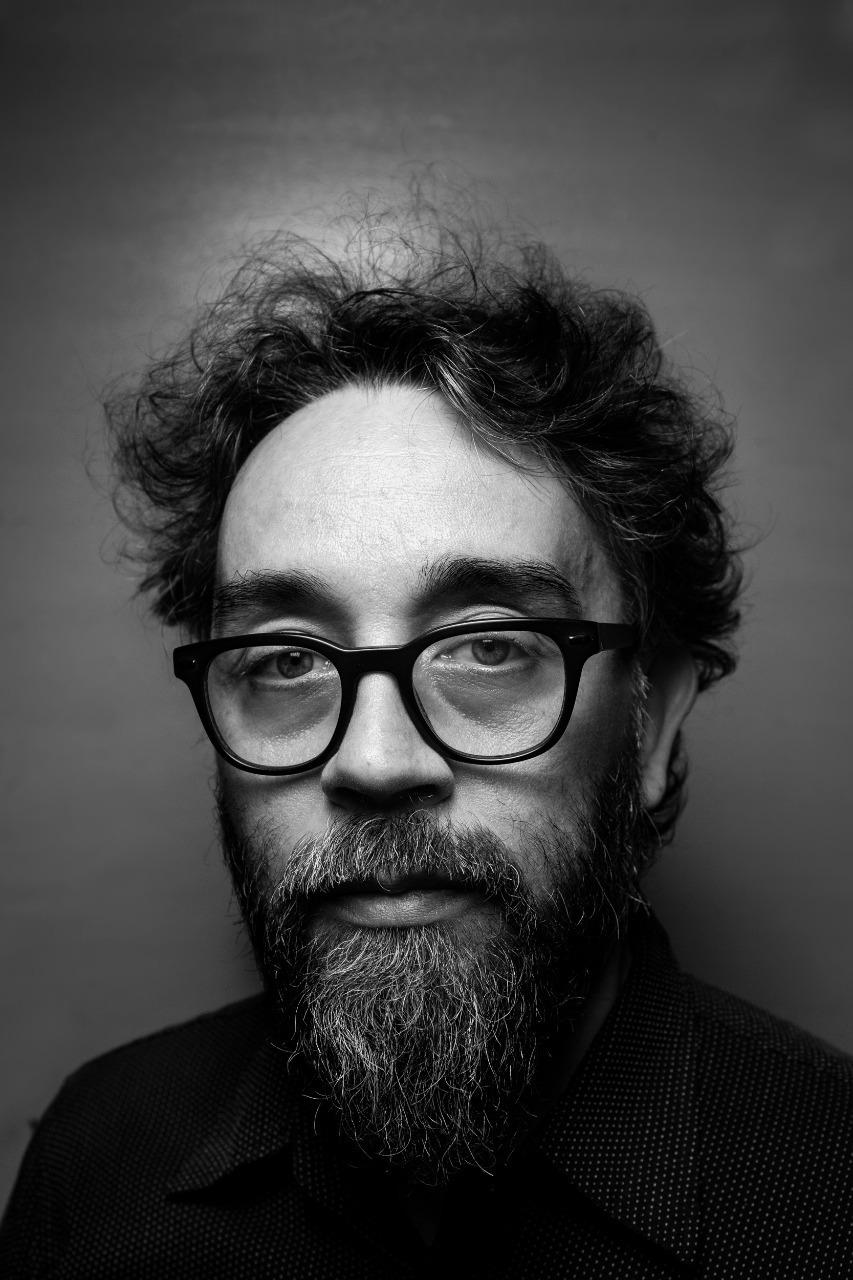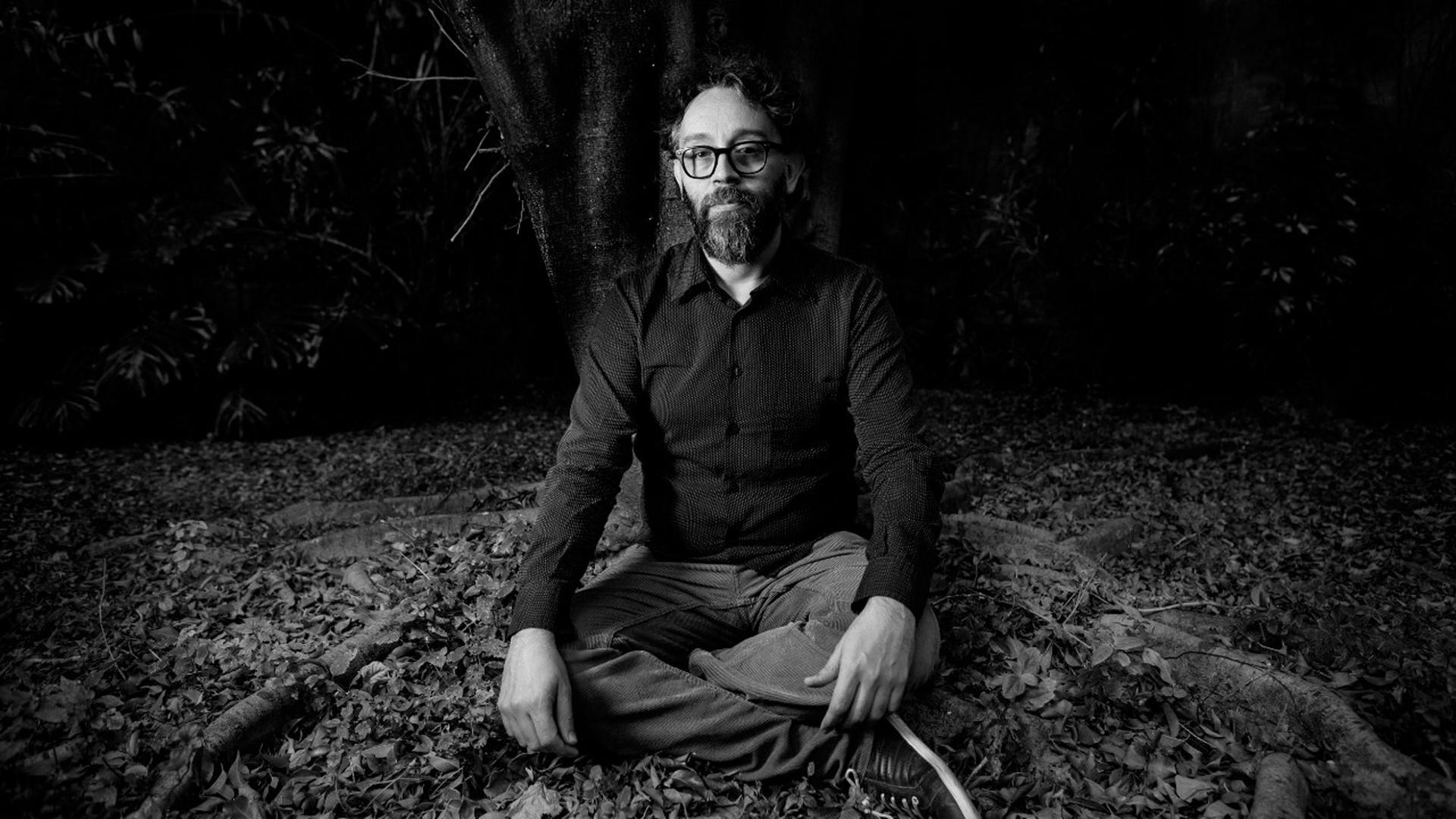A growing number of clerical sexual abuse survivors are coming forward in Latin America
It has been two decades since widespread child abuse in the Catholic Church was first exposed in the United States. Similar scandals have erupted since in North America, Oceania and, most recently, in Europe.
Now, a growing number of survivors from Latin America — home to the world’s largest Catholic population — are coming forward and taking legal action against Catholic bishops and priests.
One of them is Eneas Espinoza, a 49-year-old activist from Chile.
He was 5 years old when he started attending a Catholic school run by Marist Brothers in Santiago, the capital of Chile. Shortly after, he said one of the priests named Adolfo Fuentes Corral molested him. That was the first of a series of abuses that continued over the course of three years, until Fuentes Corral was transferred to another school in a different city.
“These priests were seen as respected, powerful, even divine people within my family.”
“I was so confused,” he said. “Because these priests were seen as respected, powerful, even divine people within my family. They didn’t look like traditional abusers,” he said.
Related: Gruesome boarding school discovery forces Canada to reckon with its cultural genocide history

Espinoza did not share his experience with anyone at that time, and continued to attend the school for seven more years. But three years later, he was sexually abused again by another priest named Cristian Precht.
It took Espinoza four decades to come forward and tell his story.
“It was when I learned that I would be the dad of a baby boy. That [struck] me, and I knew I couldn’t contain this secret anymore.”
Espinoza said that the taboo around speaking out against child sexual abuse, especially if it involves the church, is a huge barrier for survivors in Latin America.
“My mom used to work as a volunteer for the Marist brothers,” he said. “So, I would keep hearing the name of the abuser at home, even after I finished school, he would call my mom and send greetings to me.”
Espinoza founded Chile’s Survivors Network to support others who have experienced child sexual abuse by Chilean institutions, including the Catholic Church.
Members of this group met with Pope Francis in 2018 when he visited the country. The Argentinian Pope apologized to the victims and promised a formal investigation, but no one has been held to account so far.
Espinoza said his abusers are all free.
Cristian Pretch was expelled from the church by the Pope in 2018, but he has not been prosecuted. Adolfo Fuentes Corral continued to be a Catholic priest, and eventually was transferred to Peru, he said.
Moving a priest to a different city or country has been a common practice used by the Catholic Church to conceal this type of crime, according to Victor Sande, campaign coordinator for the Child Rights International Network in the United Kingdom. The group published a report that documents over 1,000 cases across 19 countries in Latin America.
Related: What the debate over Biden receiving Communion may mean for the world
It’s difficult to estimate the scale of the problem, according to Sande, because many cases go unreported. He said there are huge barriers for survivors in Latin America to come forward and find justice.
“Government decisions might be influenced by not wanting to create any tension between the church and the state.”
“The separation between the church and the state doesn’t exist so much in Latin America,” he said. “So, government decisions might be influenced by not wanting to create any tension between the church and the state.”
Sande said another big obstacle for survivors of childhood sexual abuse in accessing justice in Latin America is the statutes of limitations for these types of crimes. In Venezuela, they must be reported within 10 years.
That was a problem for José Leonardo Araujo, 33.
He is among the first survivors of clerical sexual abuse in Venezuela to speak publicly about his experience. After dealing with major depression for years, he finally felt emotionally ready to take legal action — 17 years after the abuse took place. But the time had expired for him to seek justice.
Araujo’s abuser was not held accountable and was transferred to Mexico where, he said, he continued to sexually abuse other people.
Related: COVID downward spiral in Latin America disrupts life-saving services
Araujo said that in Venezuela, there is not enough support for victims of child sexual abuse.
“All I found was an organization that helps victims of domestic violence, but that wasn’t exactly my case, so I felt like I didn’t quite fit in there,” he said.
He is hoping that more victims mobilize and come forward.
“In Venezuela, people have been dealing with other urgent problems like food shortages, hyperinflation and political repression,” he said. “So, conversations about sexual abuse or domestic violence have not been a priority for politicians.”
Araujo moved to Mexico, one of the few countries where authorities are finally discussing whether a statute of limitations should continue to apply to cases of child sexual abuse.
He is in contact with other victims of the same abuser, and they are all hoping to find justice. But with so many obstacles, some are skeptical that cases will ever be prosecuted.
“Something that often happens is that the church will announce its own commission of inquiry,” Sande, the campaign coordinator, said. “This is a tactic arguably to deflect attention from inquiries by a government or a law firm. And it’s also a way of keeping control of the discussion and the facts.”
For Sande, international media could be instrumental in exposing the truth, because they help influence the national coverage in different countries.
Related: Chile has a growing Muslim community — but few know about it
“You often have news organizations in Latin America, which for whatever reason, whether it’s [a] lack of resources or not wanting to challenge the church, won’t investigate clerical abuse cases in depth.”
Last month, the Spanish newspaper El Pais announced the first-ever investigation into claims of abuse within the Catholic Church in Latin America.
It created an email address for survivors to send their claims. So far, they are digging into more than 1,000 allegations.
The incentive is giving some hope to survivors like Eneas Espinoza, who think Latin America could become the next region globally to witness mass revelations of clerical sexual abuse.
“It’s the tip of the iceberg,” he said.
The story you just read is accessible and free to all because thousands of listeners and readers contribute to our nonprofit newsroom. We go deep to bring you the human-centered international reporting that you know you can trust. To do this work and to do it well, we rely on the support of our listeners. If you appreciated our coverage this year, if there was a story that made you pause or a song that moved you, would you consider making a gift to sustain our work through 2024 and beyond?
